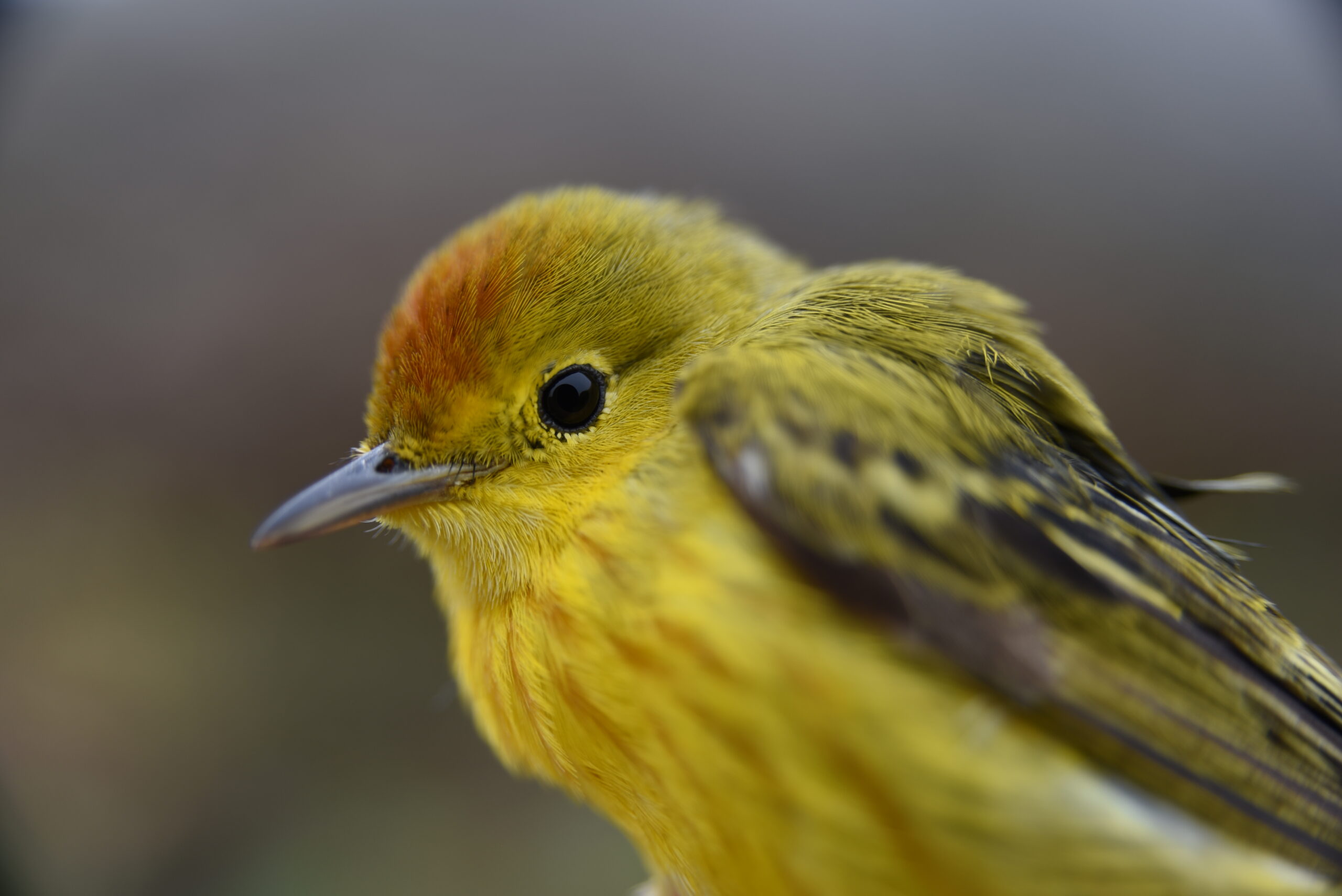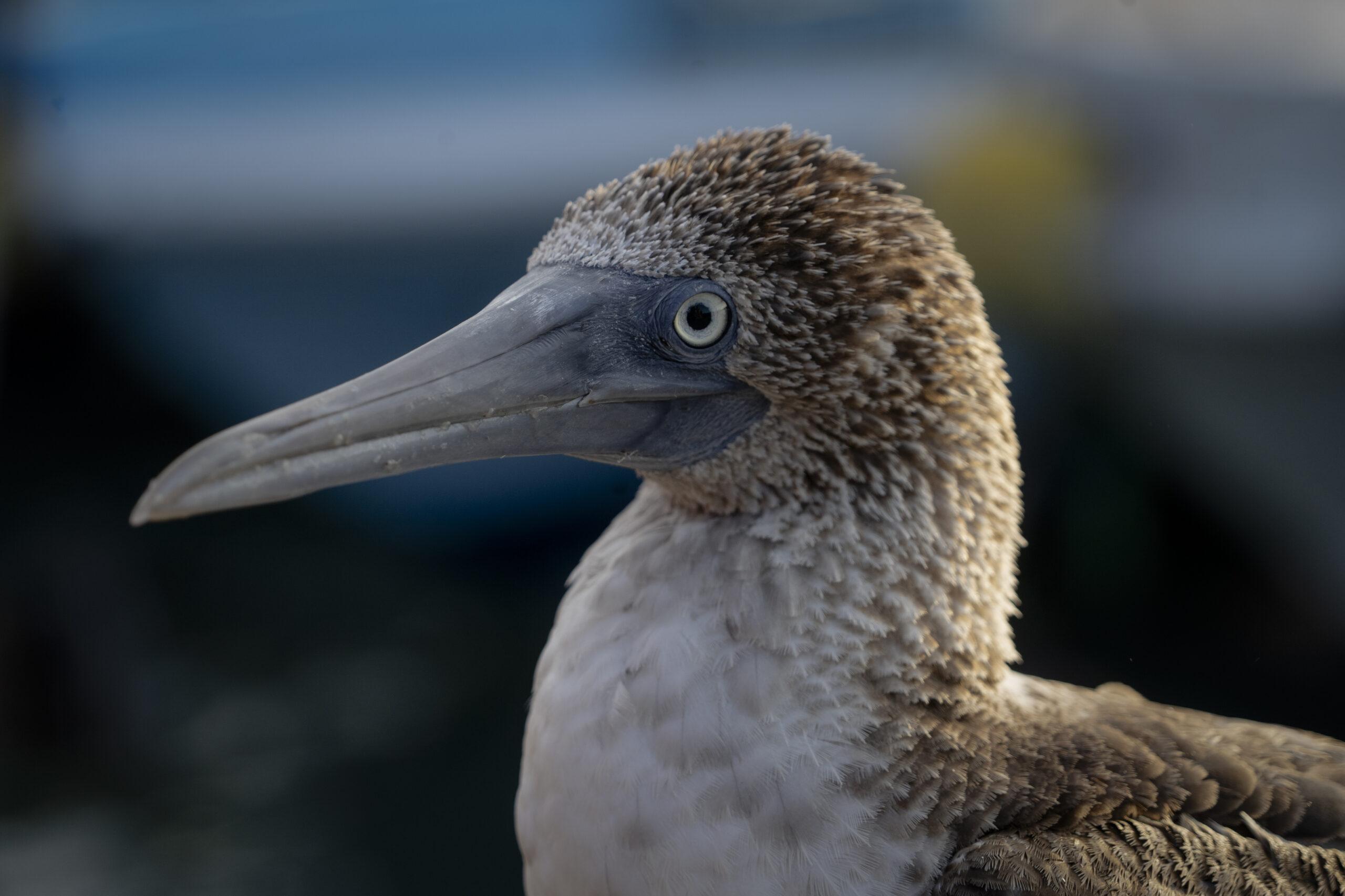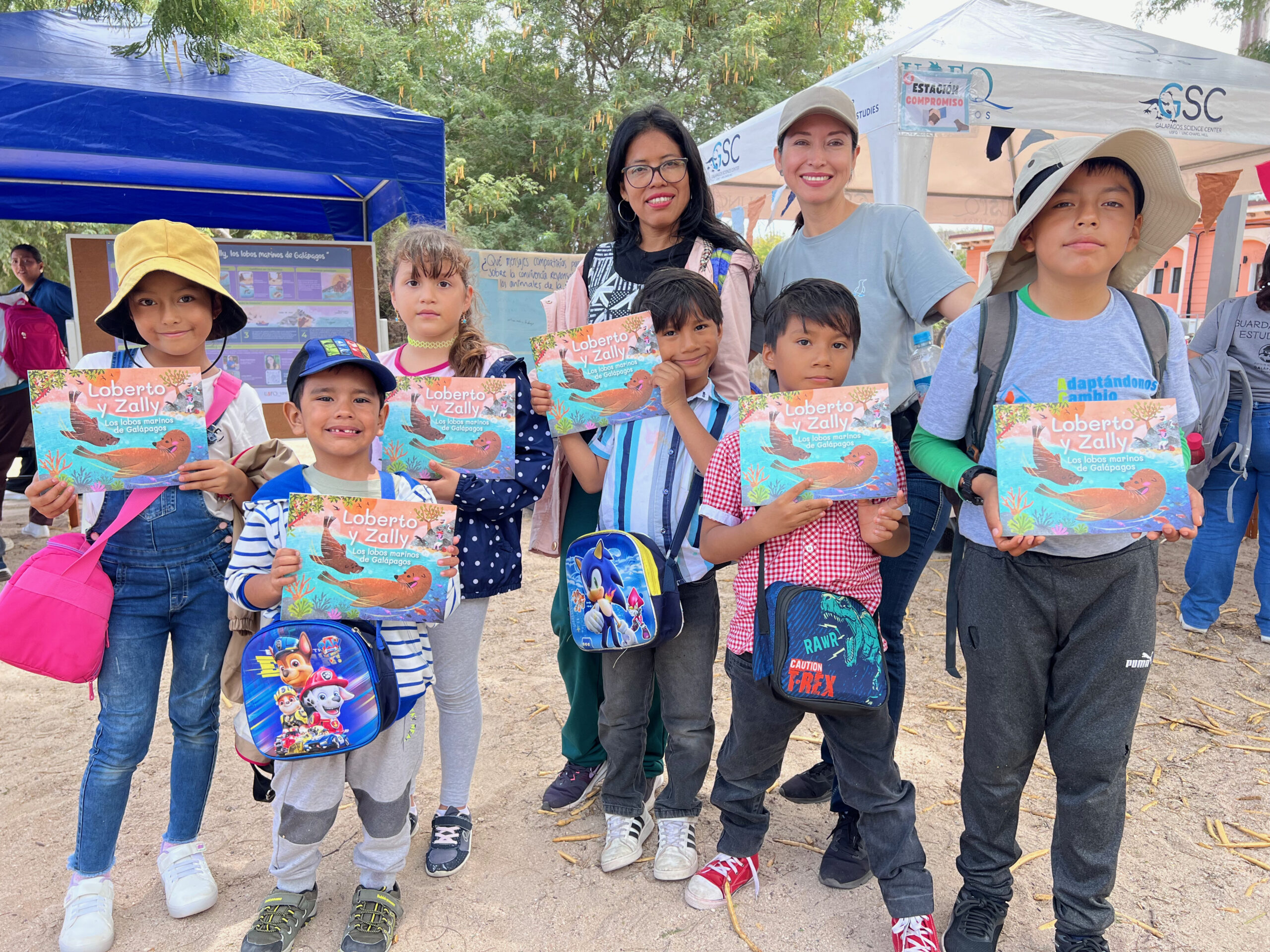REACCT was launched in August 2020 in response to the pandemic as a way to contribute to the reactivation of the Galapagos economy through science, community engagement, and programmatic work activities. The aim was to further the goals of resource conservation and island sustainability in the Galapagos Islands while simultaneously supporting the local community. Seven well deserving projects were selected out of 28 submissions from the local San Cristobal community, and these projects have enhanced our understanding of important topics that UNC & USFQ researchers are studying in the Galapagos Islands.
Many recent REACCT proposals have focused on nutrition, food security and sustainability, such as grant recipient África Berdonces’ initiative to study the profitability of urban gardens and orchards in Puerto Baquerizo Moreno. This project – known as “Huertos Isla Bonita” – promotes urban gardens in San Cristobal through seed exchanges and the sharing of seedlings and harvested products. África explains that, “as a result of the pandemic, many people lost their jobs and were forced to start producing their food.” When REACCT was created, the hope was that funded projects would become scalable, and “Huertos Isla Bonita” has surely grown since its inception. Initially this project involved 14 families but today it is serving over 100 families in the community. África’s project has delivered over 1500 vegetables and medicinal plants as well as nearing 100 seed kits and garden tools – adding over $17,000 in value to the local community.

Focusing on human health and citizen science, José Guerrero’s project created ways for young people to get involved with their local community to investigate how nutrition and exercise can be supported in an urban environment. This project utilized Photovoice, a methodology using photography to express the needs of individuals and communities. The idea is that through art, individuals can bring new insights and perspectives to raise awareness of hidden or overlooked issues and aspects of a community – in this case, nutrition and exercise in the Galapagos – and in turn impact public policy. José’s goal is to educate young people in San Cristobal on making their community physically healthier. “Accessing REACCT funds opened the doors for me to motivate children and to get involved in conservation activities” José explains. José has already received 50 images and 30 stories that were recently shared as an exhibition to the local community. The long-term goal is to contribute to the improvement of urban conditions associated with the health of the local population.
REACCT recipient Jacob Guachisaca is also focused on educating young people in Galapagos – specifically around conservation and concepts ranging from principles such as responsible consumption and the concept of “Reduce, Reuse, Recycle” to understanding biodiversity in the Galapagos. This project, focused on providing education for children to better understand their island, used a dynamic teaching model based on theory, drawing workshops and field trips to allow local children to better understand and protect Galapagos’ precious ecosystems.
Nicolás Balón’s funded project focused on ecological restoration with the goal of reforesting two hectares of land that has been degraded with introduced and invasive species such as blackberry and guava. In time this land will be replanted with a wide variety of endemic and native plant species to enable Nicolás to have the correct levels of shade to then grow coffee and, in turn, support sustainable agriculture. So far the entirety of the work area has been cleared of invasive plants which included intense manual labor, the land has been prepared for planting, and approximately 250 plants have been planted to begin to return this land back to its original state.
We are proud of the impact these four featured REACCT projects have had for both the families involved, the community at large, and science in general. Overall, all seven of the funded REACTT proposals are making positive change in San Cristobal’s local environment and community while advancing important research topics around areas such as food security, nutrition and invasive species. Despite the many setbacks of this last year, REACCT has been a positive way to engage with the community and bring people together towards a shared goal of conservation of the islands they call home. Each project has helped local families create ecofriendly income and become better educated on the environment in which they live. Research and action are most impactful and successful when part of a larger community. We are proud to report that these projects have all helped the Galapagos community continue to adapt, innovate, and overcome challenges and are eager to share more impact stories from REACCT in the future.
Written collaboratively by Ashton Boiar ’23, Science Communications Intern at UNC Center for Galapagos Studies and Kelly Weaver, Director of External Affairs & Communications at UNC Center for Galapagos Studies






